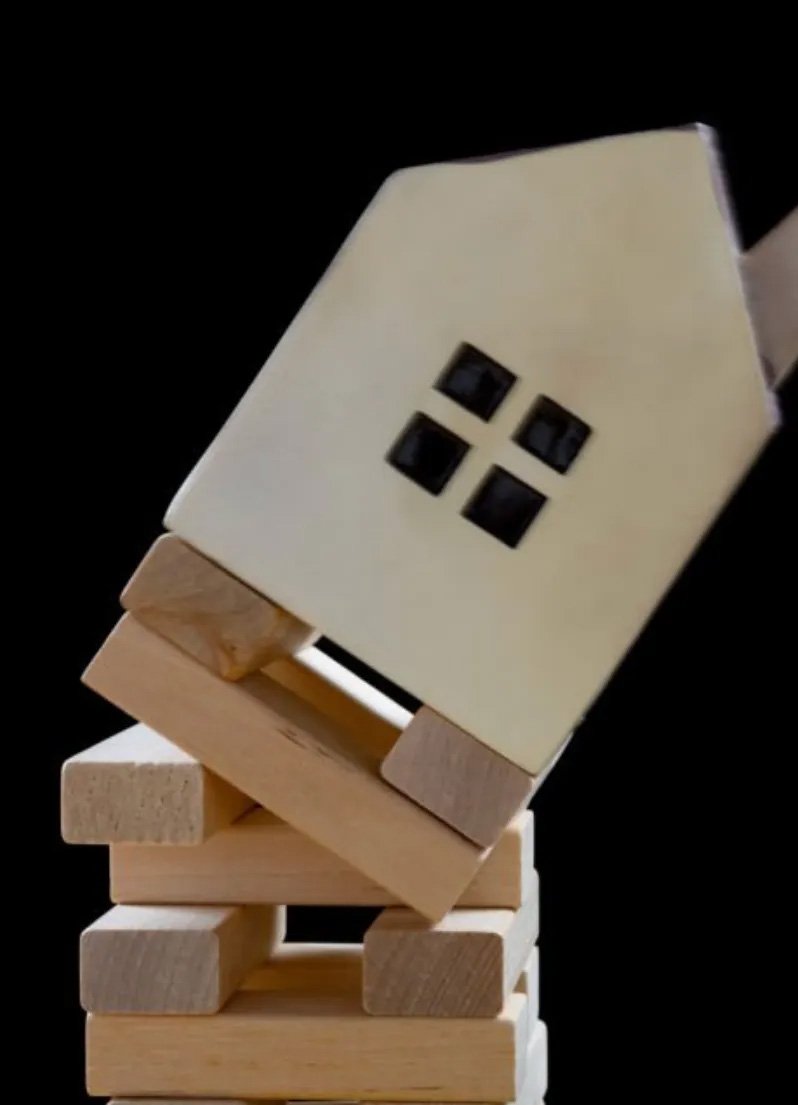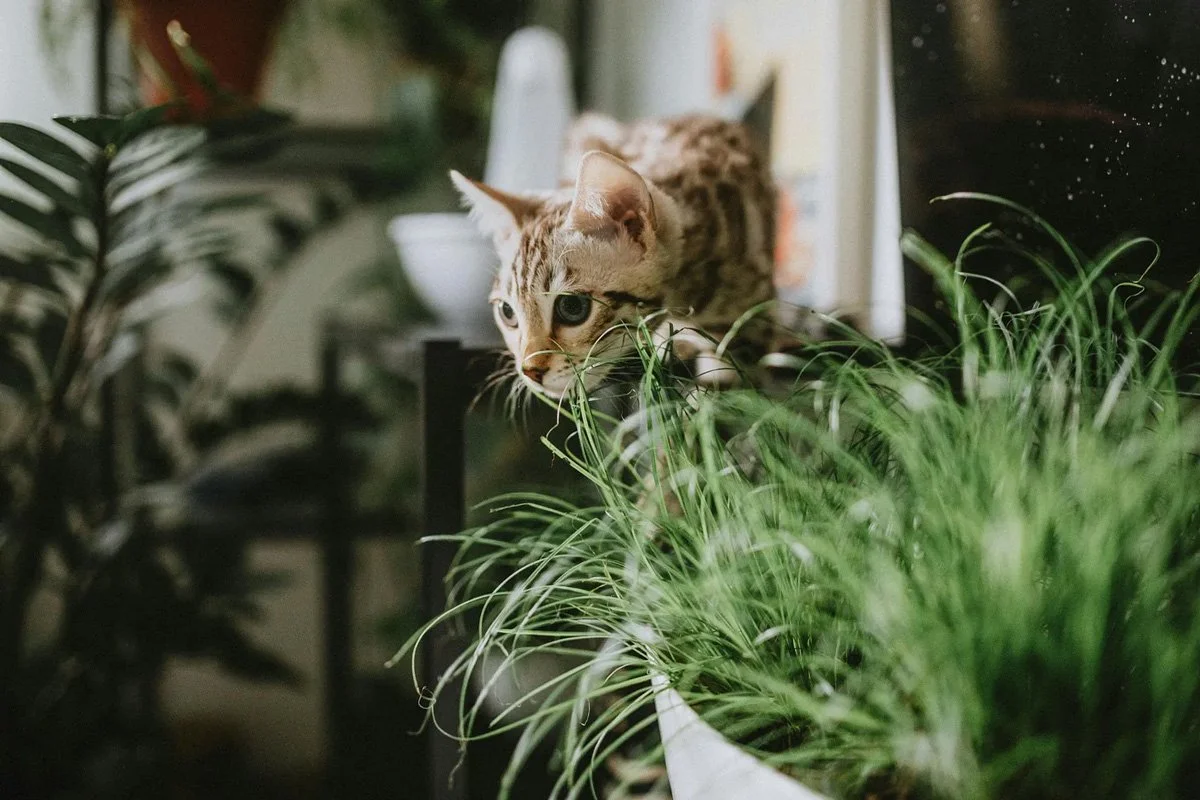Subversive Hypocrisy
I’ve been thinking about hypocrisy lately. I admit, I’m a hypocrite. Perhaps in more ways than one. These ideas on hypocrisy have been fermenting for some time as I grapple with practicing care in professional places that are dominated by extractive and objectifying dynamics.
I think many of us in the caring fields are grappling with hypocrisy, and it’s made me think that perhaps we could even say that we’re collectively experiencing a ‘hypocrisis’. I’ve been playing with the term ‘hypocrisis’ to represent a collapse state for individuals, institutions and societies. Maybe something like this:
Hypocrisis:
a) A critical breakdown in collective meaning-making that occurs when systems become so dysfunctional that complicity with harm is signalled as virtue, and virtuous action might masquerade as complicity
b) A collapse crisis of credibility, legibility and integrity
c) Both a symptom and factor of metacrisis and polycrisis
Example: The organisation is in a state of hypocrisis, publicly committed to accountability while operating through multiple collapsed ethical frameworks, creating a persistent sense of institutional inauthenticity.
I know this is a bit theoretical, so let me try to put some living-feeling-context into how I’ve come to be thinking about all this.
Shutterstock
Dunk Tank
At school fetes I attended in the late 1990’s there would often be a dunking machine. The teachers or principal would sit up on a shelf above a body of water or sometimes slime, and people would throw a ball at a button to see if they could get the shelf to disappear. If they hit the button, the shelf would retract, and the person would be dunked. That’s what working in the community and mental health sectors has felt like to me. I sit on a shelf made up of academic qualifications, training and experience. Alongside others, I have done some good work that has mattered to people, using a shelf like this. The shelf whispers hopeful ideas like:
“We can embed trauma-responsive care”
“When we report abuses to relevant authorities, we can work together to increase safety”
“Quality care is our priority - ahead of profits”
This compromised shelf can hold for a time, but it is just one part of a much broader game. A game that is fundamentally colonial. It’s a game that perpetrates collapse and recruits players into an ethic of power and control. That’s where we are when we’re sitting on that shelf. This is an uncomfortable truth, isn’t it? That we’re playing a game which is ultimately oriented by pain for profit, status, power and control. Even though I know what the game is, I still feel the shock when the ball is thrown, hits the button and the shelf is pulled out from under me.
Sometimes its a system that throws the ball, as I witness children and families caught between competing ideologies of the Child Protection System and Family Law Court System. On one hand, in the Child Safety system, parents must demonstrate they are ‘willing and able’ to act protectively in not allowing their children to be exposed to family violence, or risk their removal. On the other, in the Family Law Court system, parents must comply with being amenable and supportive of the relationship between their child and their parental abuser, regardless of the family violence they are experiencing, or they risk losing their child to the unsupervised care of the perpetrator. Sometimes this ball bounces a few times as I watch the system work to maintain itself by putting children in positions between these systems that manufacture life-times of complex, cumulative harm. This harm is then profited from in mental health settings down the track when we rename symptoms of terror and fear as a category from the DSM.
Sometimes the ball is a deliberate act to ignore the realities of control in our communities. For example, I’ve worked to create collaborative multi-agency safety action plans for high risk family violence. Yet, when police arrive, they arrest the wrong person. Or the ball that’s thrown is a failure to investigate a crime scene at all and precious information is lost that could have helped increase accountability and safety. Sometimes its a person who throws the ball, because they have authority, but a lack of careful understanding as to the complexity of our interwoven systems and they want things done faster, cheaper, for more people, for more profit. Sometimes the shelf retracts under the sheer overwhelm of being the only crisis counsellor on a state-wide family violence hotline all night.
This kind of shock is sometimes discussed as ‘moral injury’, ‘vicarious trauma’ or ‘burnout’. I’ve long relied on Vicki Reynolds’ work in these areas, and I’m going to draw on her work here now. What has dunked me, cracked me open and left me exhausted on the floor numerous times in my career has been being prevented from working in line with my ethics and relational responsibilities. When an event, structure or person in power overrides the stability of my cobbled together shelf.
It’s strange that the shaky promise of the dunk tank shelf continues to be a potent lure in these contexts. But I guess you hold onto what you’ve got when you cannot escape the game. Today though, I’m taking some time not to clamber up. I’m practicing finding ways to survive in the murky water instead. Writing this piece is a part of learning to swim in this context. It’s a way of making sense of the structures we’ve built around profiting from pain. It’s an invitation to hypocrisy, the kind that sees the structures for what they are and finds creative and subversive ways to care anyway.
Pexels: Polina Tankilevitch
Pain for Profit
Hypocrite (traditional definition): A person who claims to have standards or beliefs to which their behaviour does not conform; one who acts in contradiction to their stated principles or values, especially by pretending to be virtuous while behaving in ways that contradict those professed virtues.
One aspect of the hypocrisis is the pain-profit cycle. Others pain is a strange thing to profit from, don’t you think? Yet it’s happening all day, every day, everywhere. From marketing gurus who call us to leverage clients’ pain points to clinics that offer bonuses to therapists to ‘retain’ their clients. Our communities and marketplaces are awash with making pain profitable.
It’s so familiar and accepted that it finds its way in, often unnoticed, between supplement advertisements, therapy appointments, grant applications and Botox clinics. Sometimes, people not only leverage existing pain, but they intentionally create more pain, so that they can sell you a solution. The skim’s face wrap is an easy example of how generating shame in your skin quickly adds a couple more billion to an already bulging celebrity empire.
But these things are just the surface of the pain-profit conveyor belt. If we look closely, the pain-profit cycle finds its origins in colonialism. Given Australia was founded as and remains a colony, of course our community, mental health and medical sectors are interwoven with abusive pain-profit dynamics. Why would they be the only ones to escape it? Perhaps we avoid thinking about this because the hypocrisy is so confronting here. We probably don’t expect influencers to have our best interests at heart. You might like to imagine that your legal and health systems do.
Objectify, control, extract, exploit, impose, erase, deny, minimise, justify, dominate¹
Have you witnessed these in your work? In your community? Are you depending on our systems for care, despite these dynamics? I know I’m not alone in being in the compromised position of being deeply reliant on these systems for my own care, to pay debts and bills, to articulate my values and to try to contribute something of use. I’m intimately, professionally and ancestrally entangled in the care systems. I’m writing from inside these systems, not from some holy or high place beyond them. It’s an uncomfortable place to be. It unavoidably makes me a hypocrite.
Escape
I admit that there are moments when I fantasize about an escape from the hypocrisis. A place I take the babies out of the bad bathwater of our anthropocentric systems. A regenerative garden, native bees, a tiny house, my partner and our cats. I might get there. But even if I escape to that place, what about my human and more than human kin, who are stuck in the concrete colony? I would still be failing to care, just in different ways. I would remain a hypocrite. I’m not saying we shouldn’t care about composting, mushrooms or tiny houses. I like those things a lot. I’m just pointing out that there is no clean place to stand beyond the hypocrisis.
Pexels: Tarikula Raana
So perhaps the question becomes, what kind of hypocrite do I want to be? What form of hypocrisy could be bent and shaped in my context, time and place? When there is no righteousness to achieve, what if there were another kind of hypocrisy that we could practice that might offer a different quality of care?
Caring about Care
Hypocrite (subversive definition): A person who strategically performs conformity to dysfunctional systems while privately harbouring and or protecting contributions of care, dignity and integrity where possible. Integrity can be enacted through apparent contradictions.
When I was seventeen, I shattered my C7 neck vertebra. I am deeply grateful for the care I received around this time, which has, amongst other things, enabled my body to participate in the forms of caring I do now. I want to tell parts of the story that relate to receiving a particular quality of care within compromised systems. While I was hospitalised, I couldn’t do any self-care and was extremely dependent, especially on nurses. I’m sure I saw many nurses during that time, but one nurse remains with me. She was dressed the same, tasked the same and paid the same as the other nurses. Yet, her way of paying attention and relating to me was different.
She found a way to help me stay connected to the skin on my back through her knowledgeable touch. She found a way to help me stay connected to others by sharing that there were other young people with spinal injuries on the ward. She shared book recommendations and described her reasons for training as a nurse. None of these practices were part of her formal job description, and I’m sure she had to sneak away time from her KPI’s to offer this. Perhaps she didn’t disclose these extra moments to her supervisor. Yet it was her quality of care that has lasted two decades.
Her care let me know that she understood my suffering was more than the physical injury. That caring required more than turning my body so I didn’t get bed sores. That my shattered spine held stories that hurt far more than misplaced bone fragments. She taught me that presence, compassionate attention and attuned touch could cultivate a sense of aliveness and tenderness, even amid collapse.
How did she cultivate a capacity to stay present with herself, with me and with my suffering amongst the hypocrisis of her context? What were the conditions, the ethics, the creativities that made this kind of caring possible? From who and how was she experiencing care that made her acts of care possible? Does she know just how much her care mattered?
This story doesn’t resolve the fact that the hospital where I was experiencing this care was built on stolen Indigenous land. It doesn’t erase or justify the innumerable harms occurring in the medical-industrial complex. It doesn’t even demonstrate a way to care, which means I’m not still living with the lifetime impacts of my broken neck. But this story does illuminate the possibilities of practicing genuine, meaningful, skillful and transformative care amidst powerful pressures to relate to each other as pain for profit objects. I think that matters and I hope you do too.
What we risk to care
We each face different risks to practicing care. Many of you will be facing compounded, intergenerational pressures and risks with reduced resources. Losing an income and a job, retaliations, shaming and humilations, bullying and legal threats are just some of what we might risk. Only you can decide what you can risk and experiment with amongst all the different needs, responsibilities and resources you have. I’m not offering a prescription for subversive hypocrisy or about to share a succinct list of all the ways that you can engage in care that subverts the pain-profit cycle. That will be up to you in your time and place and will require significant creativity, collaboration and courage.
Learning to care
My thought-feelings on care remain clumsy, incomplete and seasonal. They are genetically coded, ancestrally lodged, species-specific, historically and linguistically contained. I’m limited in what I can conceive of as care, let alone enact. I’ll always be in an apprenticeship to care. There are so many generous teachers of care who we can learn from, and some we might miss because they are not human. I’m encoded with care from waters, earth, trees, air, crows, ant hills, wet seasons, horses, chickens and river beds. This might sound a little mysterious and maybe I can explain this more another time, if you’re interested. But perhaps a careful place to start and finish with my thoughts here might be to begin to question and consider:
Who and what taught us care?
To whom do we offer care? How come?
Who do we neglect to offer care? How come?
When do we care? When do we not care?
What do we care about?
What gets in the way of our caring?
What nourishes care?
Who cares for you in ways that enables you to care for others?
What quality of care can we offer at different phases of life?
How can we learn to recognise what is being called ‘care’ is not really care at all?
How can we develop the capacities we need to join together in collective acts of care?
In this hypocrisis, let’s not give up on care because we know we’re forced into hypocrisy. When the words and the doctrines of our systems don’t mean what they say they mean, let’s practice sense-perception that cuts through the thick veil of deceit.
Let those of us who recognise the harm that our systems are built on and that they continue to perpetrate, find each other and weave our care together.
Let’s find ways to be creative and heartful in staying with the trouble of living and dying with care.
Let’s be hypocrites.
Pexels: Helena Jancovicova
From my Heart-Field to yours,
References
- For more comprehensive understanding of colonialism see authors including but not limited to Frantz Fanon, Gayatri Chakravorty Spivak, Edward Said, Bruce Pascoe, Tyson Yunkaporta




